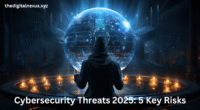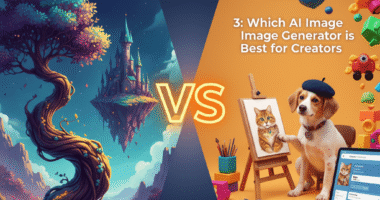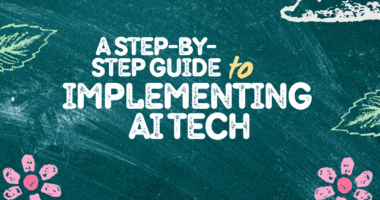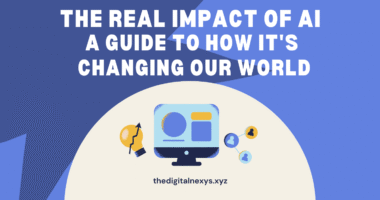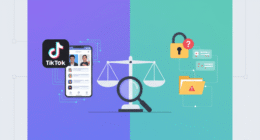The world of work is changing faster than ever before. Artificial intelligence is no longer a futuristic concept. It is actively reshaping jobs, careers, and industries today. For many professionals, this brings a mix of excitement and uncertainty. However, the conversation about the future of work is moving beyond just the fear of robots taking jobs. It is now a more complex discussion about how humans and AI can work together. This guide will explore the real, practical ways AI is shaping our lives. We will also cover what you can do to prepare for what’s next.
Beyond Automation: A New Human-AI Partnership
First, it is important to understand AI’s main role. It is not to replace humans, but to enhance our abilities. AI excels at processing huge amounts of data and automating repetitive tasks. However, it struggles with things like empathy, strategic thinking, and creativity. Consequently, the true future of work is not about humans versus machines. Rather, it is about a partnership where each side does what it does best.
For example, a marketing professional might use AI to analyze customer data on a massive scale. This allows them to find trends that would be impossible for a human to see. However, a human is still needed. They take those insights and create a compelling, emotionally resonant marketing campaign. In this model, AI handles the “what,” while the human focuses on the “why” and “how.” This partnership ultimately leads to better results and more fulfilling work.
The Rise of New Roles in the AI Economy
As some tasks become automated, technology historically creates new types of jobs. AI is no different. In fact, we are already seeing new professions that did not exist a decade ago. These new roles are central to the future of work.
- AI Ethicist: As companies use more AI, they need experts. These experts make sure the technology is used responsibly and fairly. AI ethicists, for instance, work to prevent algorithmic bias. They also ensure that AI systems align with human values.
- Prompt Engineer: This role involves crafting the right questions and commands. This gets the best results from generative AI tools like ChatGPT. It is a job that blends creativity with technical understanding.
- AI Trainer: Machine learning models need to be taught. Therefore, AI trainers are responsible for preparing and labeling data. This helps AI systems learn accurately.
These jobs show that the future of work will require a new mix of skills. For more information, a recent report from the World Economic Forum provides deep insights into emerging job trends.
Essential Human Skills for the Future of Work
In an automated world, our most human skills become our greatest professional assets. While technical skills are always important, soft skills are now critical for success in the future of work.
For example, critical thinking is essential. We need people who can question AI outputs, identify potential biases, and make smart judgments. Similarly, emotional intelligence is something AI cannot replicate. This is the ability to understand and manage our emotions and those of others. It is vital for leadership, teamwork, and client relationships. Finally, creativity will be more valuable than ever. AI can handle routine tasks. This frees up human workers to focus on innovation and solving complex problems. Our article on AI’s impact on society touches on these broader shifts.
How to Prepare for the AI-Driven Workplace
Adapting to the future of work requires a proactive approach to your career. Waiting for change is no longer an option. Instead, professionals must embrace a mindset of continuous learning.
Firstly, develop your AI literacy. You do not need to be a programmer. However, you should understand the basic concepts of AI. You should also know how it impacts your industry. Many online platforms like Coursera and edX offer good introductory courses. Secondly, focus on your uniquely human skills. Take workshops on communication, leadership, and creative problem-solving. Finally, stay curious and flexible. The future of work will belong to those who can adapt, learn new skills, and see change as an opportunity. For a structured approach, you might find our guide to AI implementation useful.

Conclusion: Embracing a Collaborative Future
In conclusion, the future of work is not a story of human obsolescence. It is a story of evolution. AI presents an incredible opportunity to redefine our jobs. It can make them more strategic, creative, and ultimately, more human. By understanding these changes and preparing for them, we can secure our place in the new economy. We can also help shape a more productive and fulfilling professional world for everyone. The key is to see AI not as a threat, but as a powerful partner in our collective progress.
Stay Ahead in the Future of Work
The world of work is always changing. Subscribe to our newsletter for the latest insights, trends, and career advice to help you thrive in the AI era.

